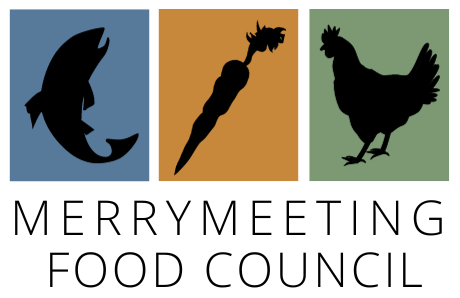In recent years, farmers markets have been experiencing a loss of customer base and consequently, farmer sales. The trend has been felt in many parts of the US, including the Northeast region. To learn more about this trend, the Farmers Market Federation of NY, along with partners Cornell Cooperative Extension of Broome County, NOFA VT, Community Involved in Sustaining Agriculture (CISA) in Massachusetts, the Maryland Farmers Market Association and Maryland Cooperative Extension; conducted a multi-state consumer survey. The results of the survey helped to identify consumer attitudes and opinions of shopping venues for local food, and specifically about shopping at farmers markets.
Cornell University’s Charles H Dyson School of Applied Economics and Management analyzed the survey and developed a white paper outlying the results and identification of trends. From the survey results, a Toolkit was created to address the customer trends that may be effecting farmers markets, as well as lay out a number of opportunities for farmers markets and farmers to overcome the negative impacts and regain customer participation at farmers markets.
Reversing the Downward Trend: Toolkit for Adapting Farmers Markets to Match Consumer Trends
Farmers market managers, direct marketing farmers, Cooperative Extension Educators, ag service providers and any others interested in building sustainable farmers markets are able to review the survey results and Consumer Survey Toolkit here. We ask that you register to download the free toolkit to provide us with contact information. We will be following up with those who download to ask if you used the materials, how you used them and what their impacts were on your markets or farms. This will help us to fulfill the terms of the grant from USDA NESARE that funded the survey, the research and writing that went into the toolkit.
We will be holding free webinars to accompany this toolkit and provide more information to help you combat this trend away from consumer participation in farmers markets and help to bring farmers markets back into the forefront of their local food movement. Join us for these free webinars by registering for each session you wish to join.
2/12/20 Identifying & Marketing to Your Target Customer
Lindsay Ott Wilcox, CenterMost Marketing
Registration: https://attendee.gotowebinar.com/register/758108173315174157
2/21/20 Branding and Marketing Basics
Lindsay Ott Wilcox, CenterMost Marketing
Registration: https://attendee.gotowebinar.com/register/7712350993720997901
3/10/20 The 3 P’s of Farmers Markets
Laura Biasillo, Cornell Cooperative Extension, Broome County
Registration: https://attendee.gotowebinar.com/register/6917938449490118925
3/16/20 Adapting Your Market to Meet Today’s Customer Needs
Laura Biasillo, Cornell Cooperative Extension, Broome County
Registration: https://attendee.gotowebinar.com/register/5550555002862629389
3/24/20 Customer Attitudes Toward Farmers Market
Diane Eggert, Farmers Market Federation of NY
Registration: https://attendee.gotowebinar.com/register/3343466829520666637
3/30/20 Market Programs & Services That Draw Customers
Diane Eggert, Farmers Market Federation of NY
Registration: https://attendee.gotowebinar.com/register/5796572928600614925
4/7/20 From the Farmers Perspective
Laura Biasillo, Cornell Cooperative Extension, Broome County
Registration: https://attendee.gotowebinar.com/register/3618738361627379725
“This material is based upon work supported by the National Institute of Food and Agriculture, U.S. Department of Agriculture, through the Northeast Sustainable Agriculture Research and Education program under subaward number ENE18-150.”
